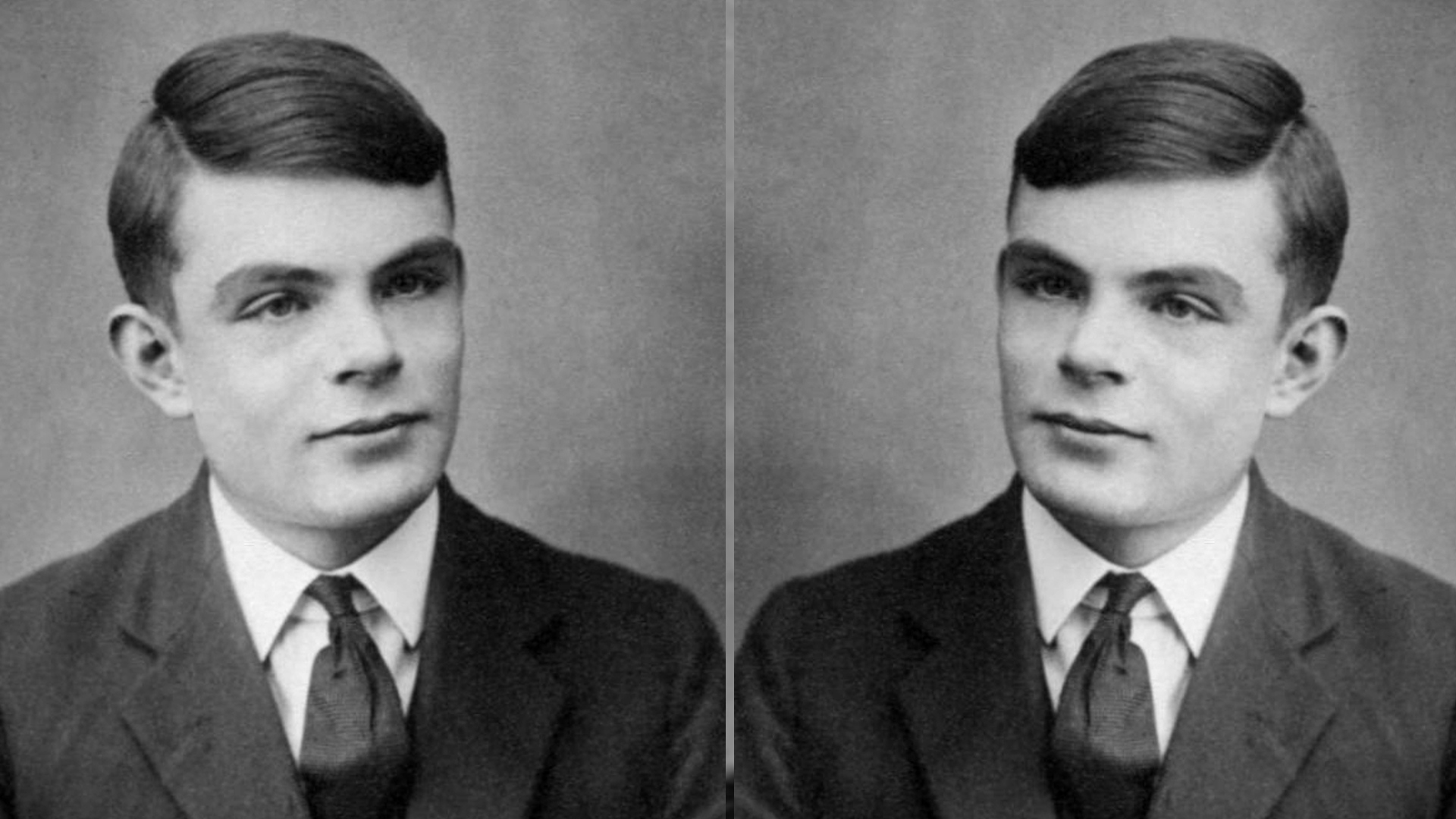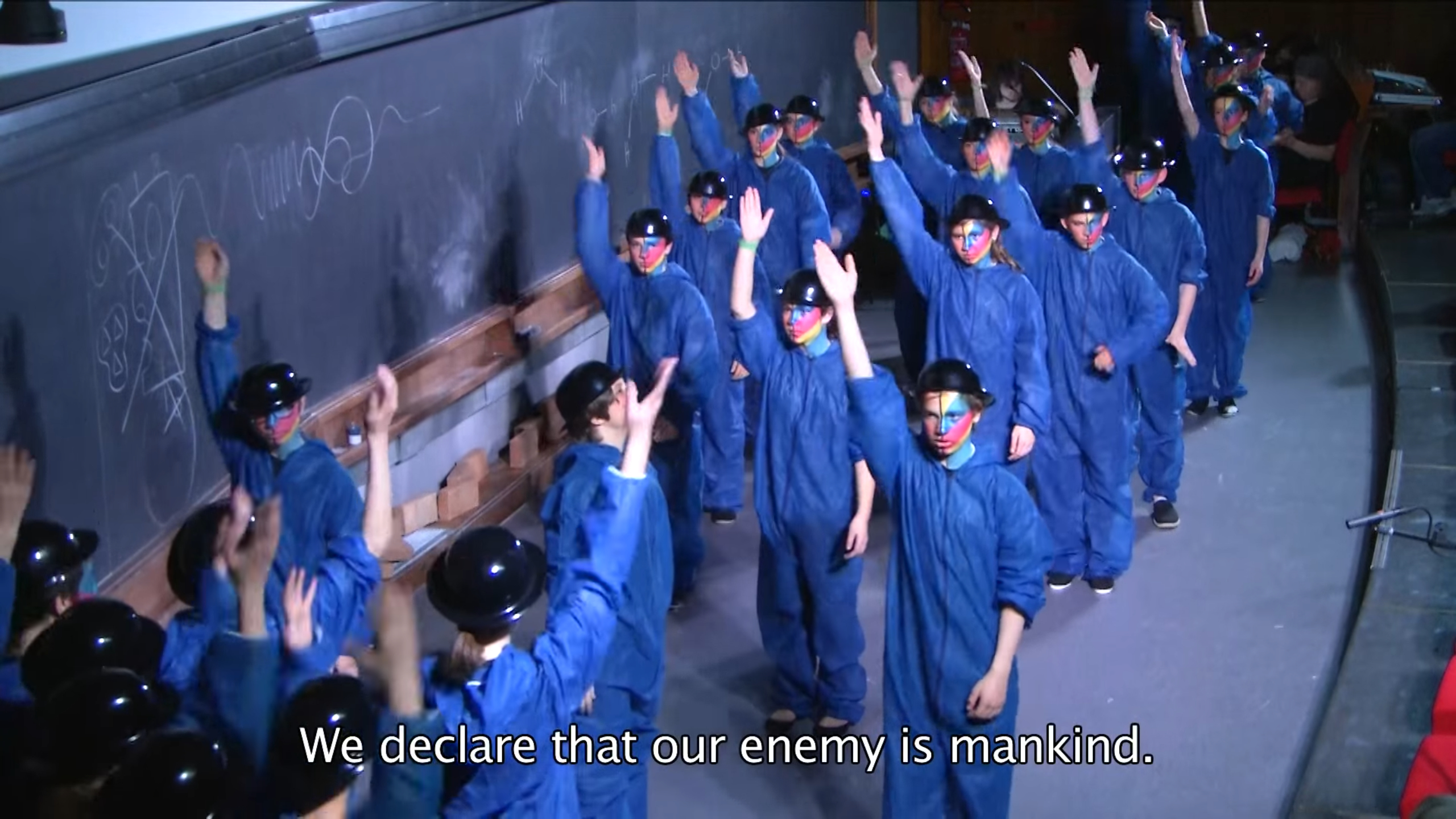Think about you’ve got simply seen a mirror for the primary time. As a sentient, self-aware being, it should not take lengthy so that you can recognise that the particular person you are spying within the mirror is, actually, that hunk of meat you’ve got been carrying round since start. It is you. Your reflection, staring again at you. Had you been unable to recognise your self, we may safely assume you have been a fish.
You’ll be thought of considerably much less self-aware, much less sentient than the common human, as per our present understanding of consciousness. And but, as a species witnessing the daybreak of ‘artificially clever’ machine studying algorithms, it appears we’re collectively failing that mirror check (opens in new tab) when introduced with AI chatbots.
Relatively than recognising AI as merely a mirrored image of the builders who coded them, and the datasets they have been skilled on, some people are on the market having a collective disaster over the concept that AI is now all of a sudden sentient and deserves human rights (opens in new tab). And whereas I am all for beginning a contemporary dialogue across the concept of consciousness and surrounding morals so we are able to keep away from a Blade Runner-esque dystopian nightmare, I feel we could also be leaping the gun a bit.
Again in 1950, Alan Turing devised a method to measure intelligence in machines in that, ought to they handle to idiot people into believing they’re coping with one other human, the bot could be heralded as an clever being. Whereas it is true that just a few Massive Language Fashions (LLMs)—akin to these utilized by ChatGPT and Bing’s new AI search chatbot (opens in new tab)—have handed the Turing check, we won’t mechanically drop all the pieces and maintain a banquet to have fun discovering a brand new type of life.

Because the ’50s our understanding of intelligence has shifted considerably, exemplified in the truth that now some human beings do not even cross the Turing check. Artists, for instance, are having their work banned as a result of it appears an excessive amount of like AI artwork (opens in new tab). And whereas I feel it is nice that this new understanding is prompting conversations round AI and sentience, there’s an actual science fantasy ingredient to all of it—one which’s endangering our personal intelligence. When even a brilliant clever human Google engineer thinks AI has develop into sentient (opens in new tab), now we have to step again and ask what that actually means. And grounding ourselves begins with understanding that there are a number of levels of sentience.
Consciousness shouldn’t be a binary factor, it exists inside an enormous spectrum with an unfathomable variety of components affecting its manifestation, in addition to how we understand it. Equally to intercourse (opens in new tab), gender, emotion, and a complete host of different organic and metaphysical experiences, sentience would not flip over from zero to at least one simply because an AI had a meltdown (opens in new tab).
When even the phrase ‘robotic’ itself implies a sort of sentience, not to mention the misnomer of synthetic intelligence, it is no marvel we’re seeing consciousness in each ChatGPT mishap.
Although if in case you have seen your self caught up within the fantasy of AI changing into sentient, do not be so exhausting on your self. I used to be there too not way back. It is utterly pure to recognise human traits in non-human issues. Within the subject of pc science, they name this tendency to anthropomorphise the ELIZA impact (opens in new tab). And whether or not your response has concerned attempting to converse with AI, mate with it, or flare up like a Siamese Combating Fish and defend your territory (fuck, marry or kill?), it is clear we as a species are enamoured with this concept of both discovering or creating new types of life.
On the identical time we’re frightened of what these new types of life would possibly develop into. That is the dilemma any dev goes via when working towards the autonomous, self-replicating algorithms we’re ushering in as AI evolves (opens in new tab). Simply as I am certain each mom thinks “Gosh, I like the thought of making a being that appears and acts kinda like me… although I hope it would not develop into the subsequent Hitler.”

Science fiction set the stage for this concern of the ‘robotic rebellion’, too, having tailored the Czech time period robota, that means employee or slave labourer, to explain mechanical beings who type a union towards their oppressors. “It involves us from the 1920 stage play R.U.R.” explains David Gunkel of Northern Illinois College, in an episode of the Sentience Institute (opens in new tab) podcast. That hundred-year-old play by Karel Čapek haunts us all of the extra as we speak, as we not solely equate AI and robotics, however merge them into an uncanny complete—a gestalt of autonomous beings that we’re now failing to recognise as reflections of our personal intelligence.
Nonetheless, when even the phrase ‘robotic’ itself implies a sort of sentience, not to mention the misnomer of synthetic intelligence, it is no marvel we’re seeing consciousness in each ChatGPT mishap.
As Alan Turing Institute lecturer Stuart Russell admits (opens in new tab), even “if we did have a concept of consciousness and easy methods to create it or not create it, I might select to not … This has nothing to do with making AI protected and controllable; however sentience does confer some sorts of rights, which might complicate issues enormously.”
In different phrases, how can we examine one thing correctly if we’re restricted by all these… morals? Granted, talking as a white particular person, the standpoint comes from a place of privilege and a historical past of oppression towards beings who have been seen as one thing lesser. However that is a dialog for one more day.
Within the case of those and zeroes chatbots are constructed on as we speak, and even the million instances extra highly effective AI fashions (opens in new tab) which might be incoming, I feel it is protected to imagine the proverbial mirror continues to be firmly in place.
That’s not to say that, as a mirrored image of humanity, AI would not resolve to wipe us out if we gave it the appropriate to bear arms. However perhaps lets speak about giving AI rights as soon as after we begin exhausting coding precise self-replicating flesh brains.

